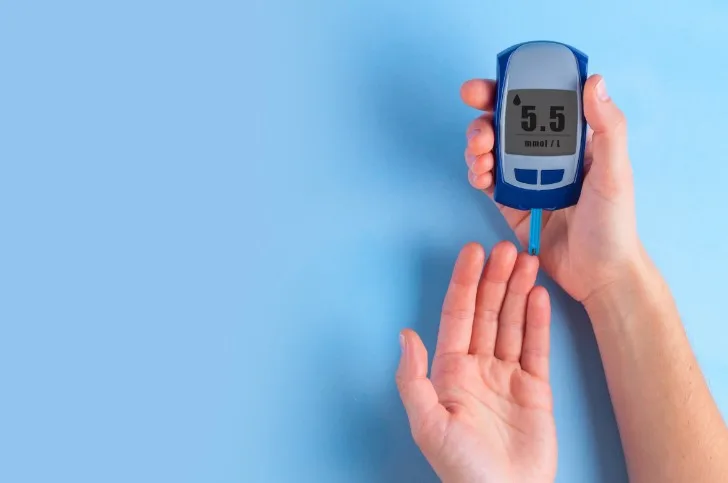Receiving a diagnosis of Type 2 diabetes can be a life-altering event. It can spark a range of emotions and concerns. However, understanding and managing the condition can help you maintain a healthy and fulfilling life. This overview will go over five key things to know after being diagnosed with Type 2 diabetes. Hopefully, you can take this information and feel more empowered as you take care of yourself.
Lifestyle Changes are Key
One of the primary aspects to grasp after a Type 2 diabetes diagnosis is the critical role that lifestyle plays in managing the condition. Adopting a healthier lifestyle is not merely a suggestion. Instead, view it as a fundamental necessity. A balanced diet, regular physical activity, and maintaining a healthy weight are paramount in controlling your blood sugar levels. Consultation with a registered dietitian can help you create a personalized meal plan, focusing on portion control, nutrient balance, and avoiding processed foods. Exercise, even in the form of brisk walking, can significantly improve your insulin sensitivity, making it easier for your body to regulate blood sugar levels. Embracing these lifestyle changes can lead to better diabetes management and can enhance your overall well-being.
Medication Adherence and Monitoring
Following a diabetes diagnosis, medication adherence becomes a cornerstone of effective management. Physicians may prescribe oral medications or insulin injections, depending on the severity of your condition. Take the time necessary to understand the prescribed medications, their mechanisms of action, and any potential side effects. In addition, research where medications are available. For example, you may be able to buy tirzepatide online. Tirzepatide is a once-weekly injection that can treat Type 2 diabetes and promote weight loss. Further, regular monitoring of your blood sugar levels is important. Keeping a log of blood glucose readings helps you and your healthcare providers identify patterns and make necessary adjustments to your treatment plan. Embracing technology, such as continuous glucose monitoring devices, can provide real-time data, aiding in better diabetes management.
Regular Medical Check-ups and Comprehensive Care
Regular medical check-ups are integral to your diabetes care. Beyond monitoring blood sugar levels, these appointments allow healthcare providers to assess your overall health and screen for potential complications associated with diabetes. Regular eye exams, kidney function tests, and foot examinations are especially vital, as diabetes can impact various organs and systems. A proactive approach to your healthcare involves open communication with healthcare providers, discussing concerns, and actively participating in decision-making regarding your treatment plans. Comprehensive care not only addresses immediate issues but also works towards preventing long-term complications associated with Type 2 diabetes.
Emotional Well-being and Support
The emotional impact of a Type 2 diabetes diagnosis should not be underestimated. Managing a chronic condition can be overwhelming, leading to stress, anxiety, and even depressions, so try to acknowledge and address the emotional aspects of living with diabetes. Seeking support from healthcare professionals, friends, and family members can provide invaluable assistance in coping with the psychological challenges. Joining support groups or participating in counseling sessions can also offer you a sense of community and shared experiences. Embracing a positive mindset, combined with a strong support system, can significantly enhance your emotional well-being and improve your overall quality of life.
Education and Advocacy
Knowledge is power when it comes to managing Type 2 diabetes. Educating yourself about the condition, its implications, and the latest developments in diabetes care is crucial for you. Staying informed empowers you to make informed decisions about your health and well-being. Additionally, becoming an advocate for diabetes awareness and prevention within your community can contribute to a broader understanding of the condition. Dispelling myths and promoting a culture of health-consciousness helps create an environment that supports individuals living with Type 2 diabetes.
Take Care of Yourself
Being diagnosed with Type 2 diabetes can be a major life event. Armed with knowledge and a proactive approach to self-care, though, you can effectively manage the condition and lead a fulfilling life. Embracing lifestyle changes, adhering to medication and monitoring routines, prioritizing comprehensive care, addressing emotional well-being, and actively seeking education and advocacy can be five key components in your journey towards successful Type 2 diabetes management. By taking charge of your health and well-being, you can navigate the challenges of living with diabetes. Soon, you’ll be making progress as you work towards achieving a balanced and thriving lifestyle.





